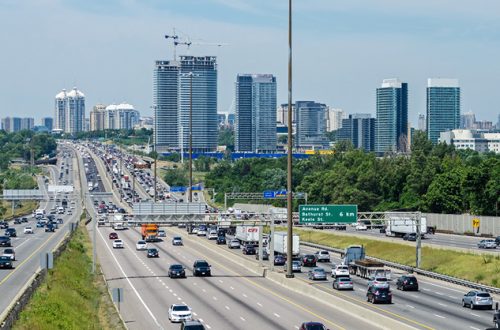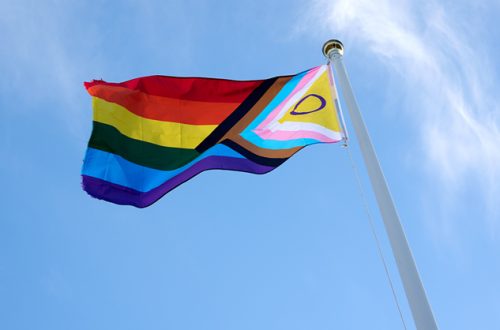Nothing compares to warmth of a wood fire. But you have to take precautions to avoid accidents. Here are a few tips to help you enjoy wood fires safely.
The lowdown on wood heating
Wood-heating units have become much more sophisticated and safer over the years. But they still causes hundreds of fires each year due to improper installation and use.
These losses cause injury and death and result in significant property damage. You can never be too careful when it comes to the safety of your home.
When and how to sweep your chimney
Did you know that just 3 millimetres of built-up creosote on the inside of your chimney is enough to cause a fire? Creosote is a highly flammable deposit formed by smoke that collects on the inside of chimneys.
Only proper chimney sweeping can remove it and reduce the risk of chimney fires. Cleaning your chimney properly also improves your unit’s efficiency. Experts recommend having your chimney swept at least once per year or after every 5 cords if you burn a lot of wood.
It’s better to have your chimney swept in the spring, when the deposits are easier to dislodge. Plus, if you find any problems, it gives you time to do the repairs over the summer.
A professional chimney sweep not only cleans the chimney properly, they also inspect it inside and out. So it’s best to hire someone who knows what they’re doing.
Time to fire it up
Here are some precautions you should take before lighting your first fire in the fall.
- Use a small mirror to look up the chimney to make sure no birds have nested during the summer and no branches are obstructing the flue.
- Store your wood away from the wood-heating unit.
- Make sure the area around your fireplace or woodstove is free of obstructions. A child or even an adult could trip and get burned.
- Use newspaper or kindling to start your fire.
- Never burn green wood, household garbage, treated wood, painted wood, glossy paper or colour flyers. Doing so creates large quantities of toxic gases that are detrimental to the chimney.
- In order to limit creosote formation and the risk of chimney fires, burn only a few small pieces of dry wood at a time.
If the chimney catches fire despite your best efforts:
- Close the damper
- Leave the house immediately
- Call 911
- Contact your insurer if there is damage so they can help you take emergency measures and start the claim process
Must have accessories
Smoke and carbon monoxide detectors can save lives. You should have them if you’re heating with wood and make sure they’re working properly on a regular basis.
They don’t last forever. Smoke detectors have a lifespan of 8 to 10 years, depending on the model. Since 1997, manufacturers have been required to list the expiry date on their units. Manufacturers suggest replacing carbon monoxide detectors every 7 years.
Class A portable fire extinguishers are another must-have accessory. Keep one handy in the same room as your wood heating unit and make sure you know how to use it.
How to dispose of ashes
Ashes can stay hot for up to 72 hours after a fire. Use a metal container with a lid to dispose of them. They contain carbon monoxide, so store them outdoors at least 1 metre from your home and any other combustible materials, like hedges. Never use a vacuum cleaner to pick up hot ashes. Wait 3 to 7 days before putting them in the garbage or compost.
Keep your insurer in the loop
Homeowners are responsible for telling their insurance company that they have a wood-heating unit because such units increase the risk of fire. Insurers require that your unit and the way it’s installed comply with the manufacturer’s standards to prevent property damage and for your own protection. The standards may vary from one manufacturer to another.
In general, having a wood heating unit means higher home insurance premiums. Notify your insurer if you decide to stop using your unit for any reason (for example, if it no longer meets new regulations in your municipality). You may be eligible for a credit.
One last word of advice
Stock up on good reading material for cozy evenings curled up in front of the fire!
To find out more, call 1-888-476-8737 or visit thepersonal.com/https://ospe.on.ca/wp-content/uploads/2024/10/academy-banner-7.png
This article is being provided by OSPE on behalf of The Personal which has a group sponsorship agreement with regards to home and auto insurance for our members. The Personal refers to The Personal General Insurance Inc. in Quebec and The Personal Insurance Company in all other provinces and territories of Canada. The information and advice in this article are provided for informational purposes only. The Personal shall not be liable for any damages arising from any reliance upon such information or advice. The Personal recommends using caution and consulting an expert for comprehensive, expert advice. Auto Insurance is not available in MB, SK and BC due to government-run plans.





Leave a Comment